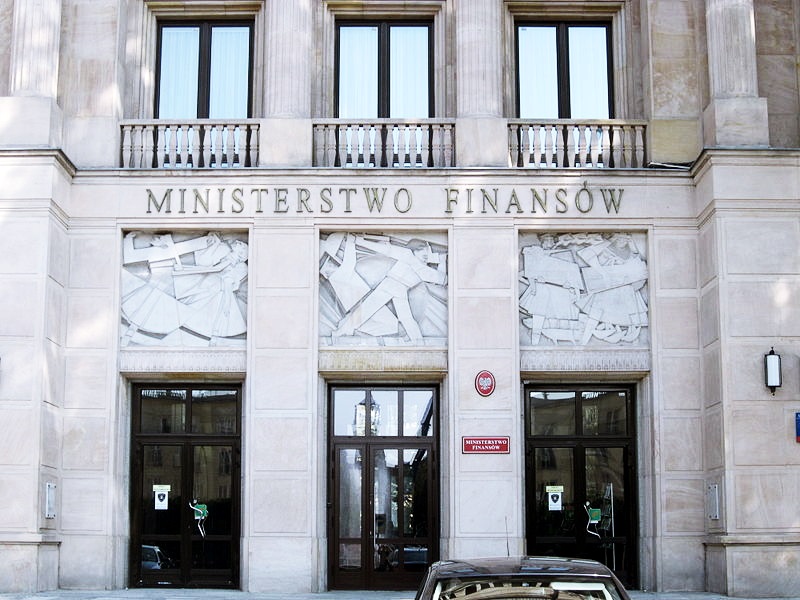
Cannibals at the Gates!
BY
Zilvinas Silenas / April 25, 2015
People are either cannibals or creators. The fundamental difference between the two is how in their opinion the world works. What to do when you\'re hungry – eat a neighbour or come up with a solution to growing vegetables in the middle of winter? Is the world a “zero-sum game” in which one can prosper only if others suffer? Yes would be the answer of a cannibal.











